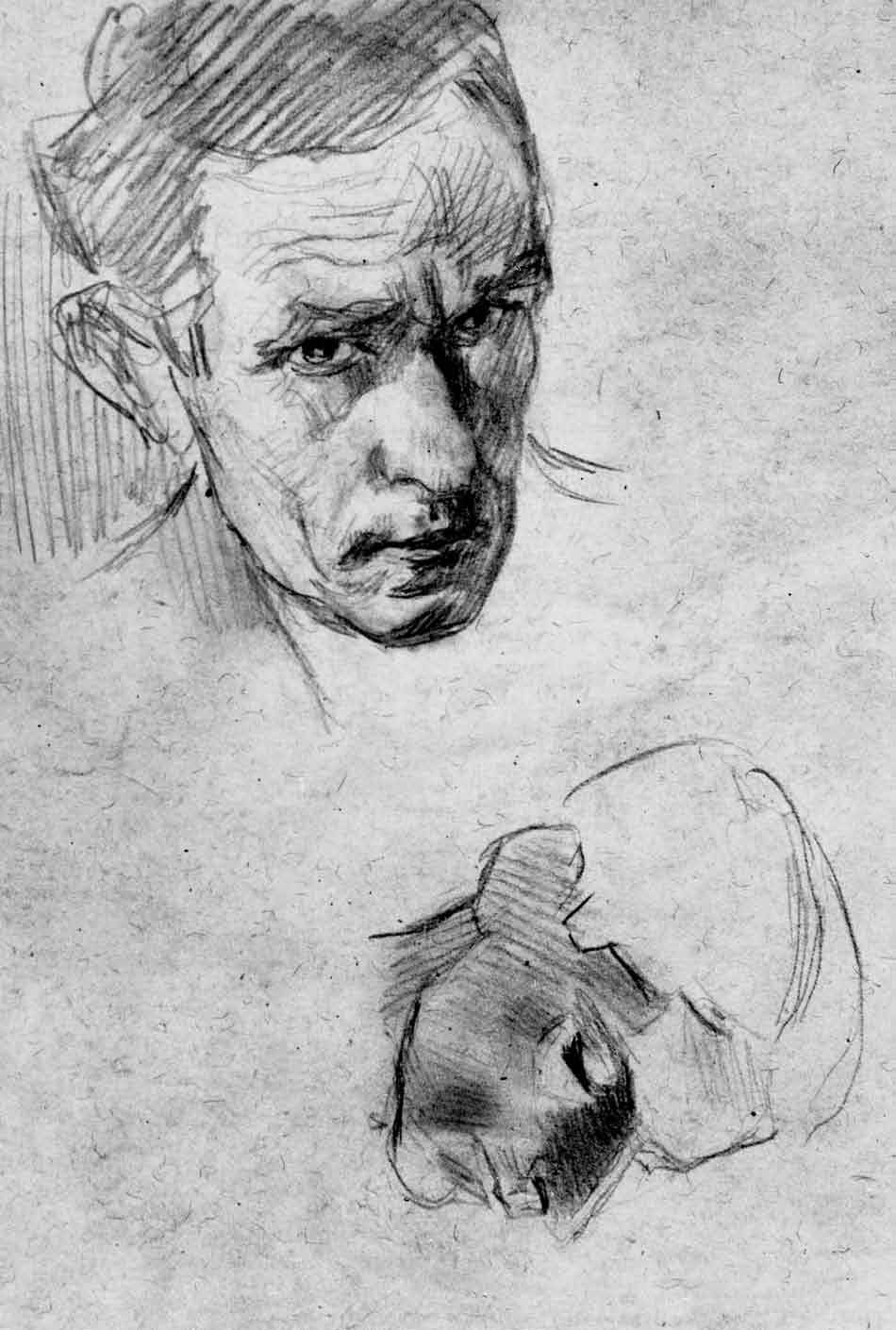Schulz i sny
Abstrakt
In Bruno Schulz’s fiction one can find surprisingly many images of falling asleep, snoozing, and tossing oneself around between the sheets “damp with sleep.” Starting with an analysis of comic descriptions of “wandering in the unexplored realm of dreaming,” the author makes an attempt to reconstruct Schulz’s idea of the mode of existence of the sleeping subject. While the dreaming “I” usually visits spheres beyond human reach, the sleeping body rests in filth. The sheets are dirty, the mouth open, with saliva dripping from the corners. Even the perfect body of Adela is crossed by the “wandering bed-bugs.” The main theoretical inspiration of the essay is Julia Kristeva’s concept of abjection. Sleep as the sphere of abjection blurs the boundary between the subject and the object to become the Kristevan abject. In Schulz’s imagination, sleeping and dreaming are the processes of self-purification, getting rid of the unwanted attributes of the “I.” In this, his approach resembles a much later theory of “unlearning,” proposed by Critch and Mitchison, according to which we sleep to forget.

 Uniwersyteckie Czasopisma Naukowe
Uniwersyteckie Czasopisma Naukowe





